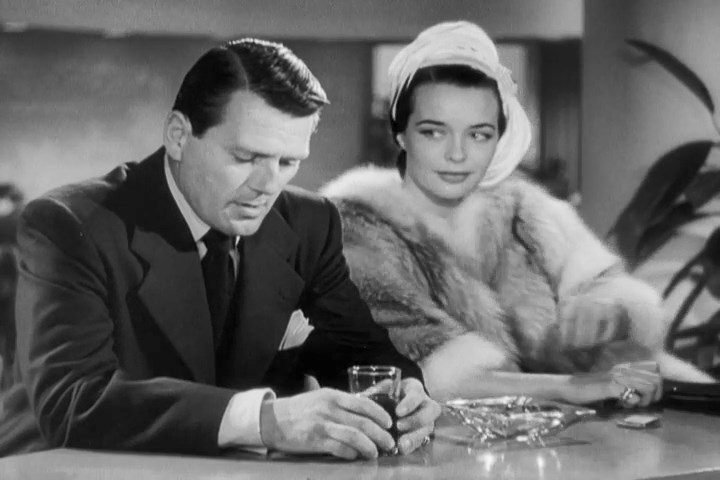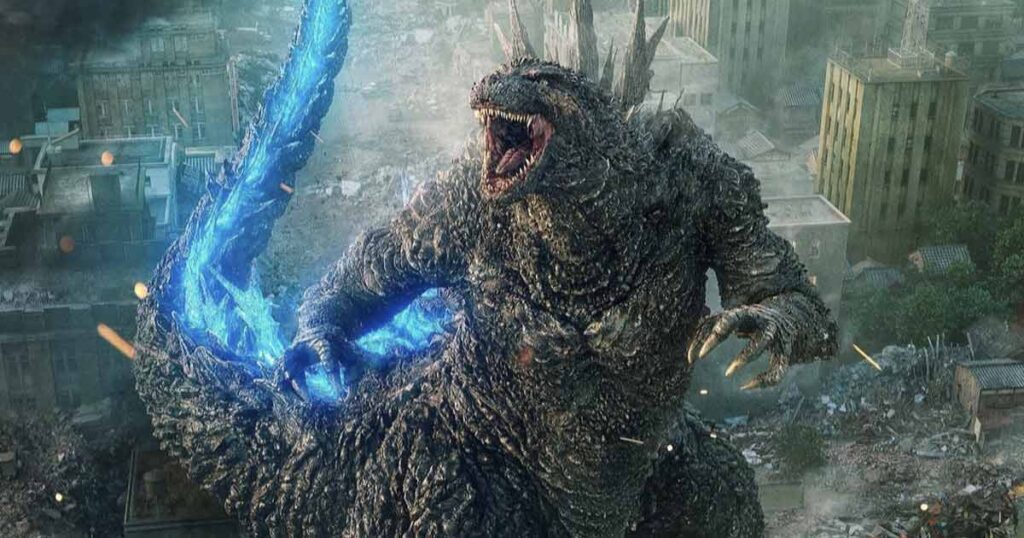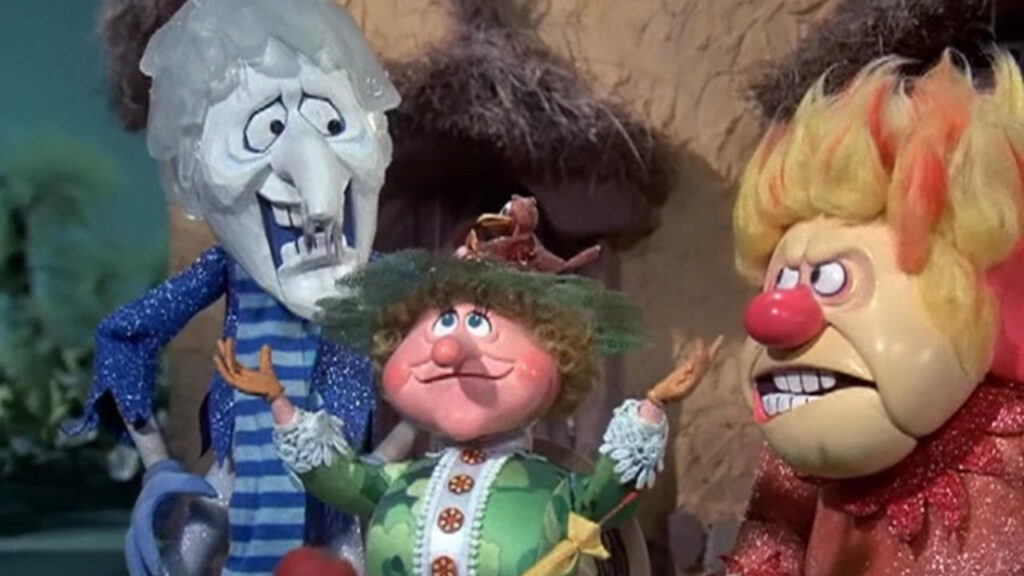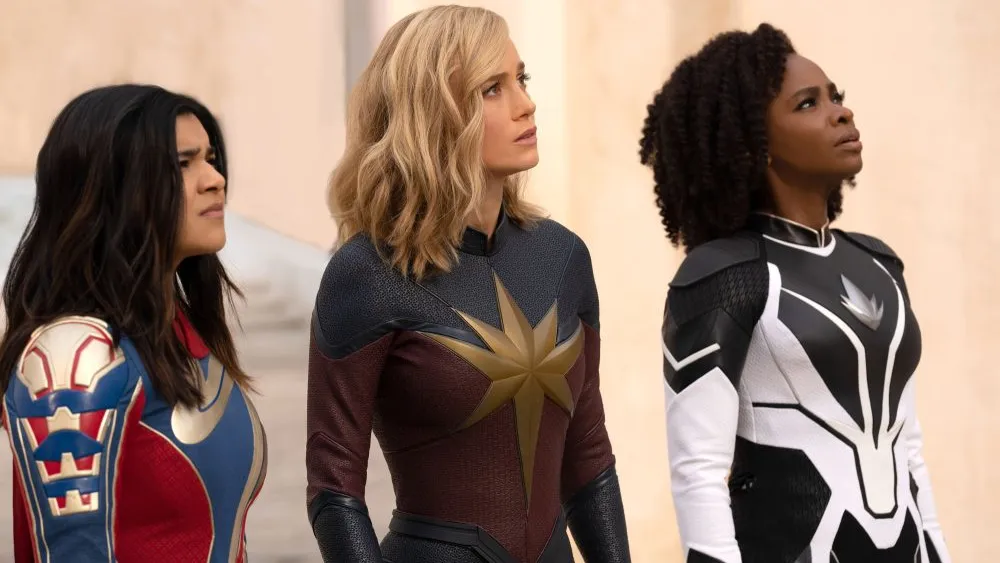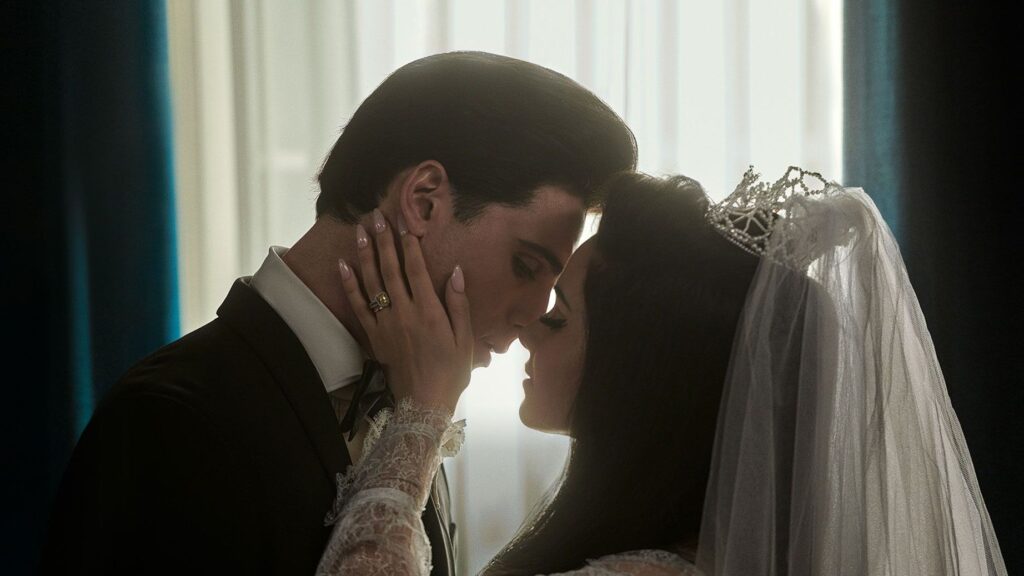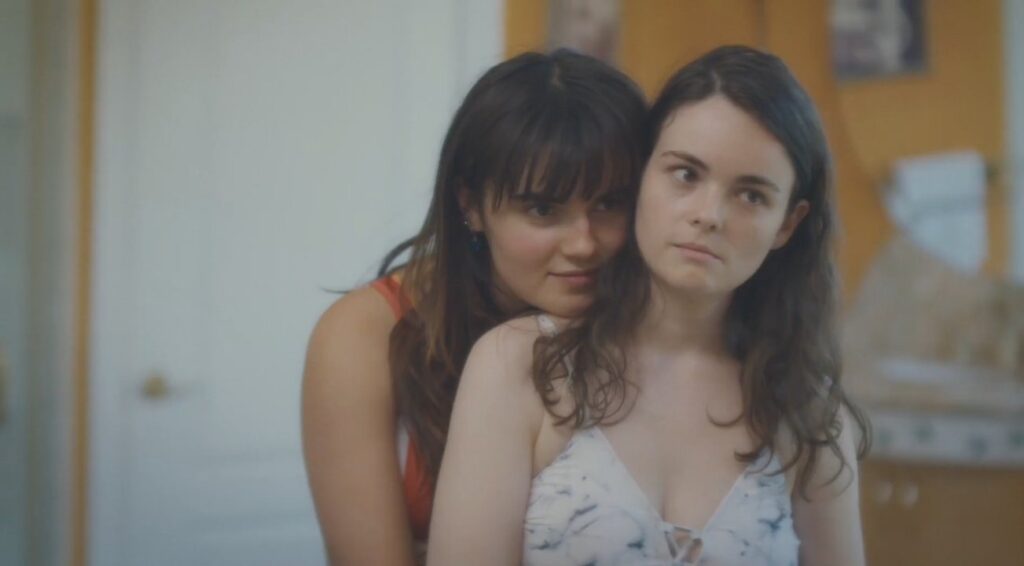Many think pieces are written about the floundering state of the Marvel Cinematic Universe over the past few years. For a company with decades of material and thousands of characters at its disposal, there is really no fundamental reason why one of media’s biggest franchises couldn’t weather the loss of a few of its top stars. People like Robert Downey Jr., Chris Evans, and Scarlett Johansson may be A-list celebrities, but Disney has all the money in the world to pay top tier talent to come play in its sandbox. The only problem is the whole company doesn’t seem to know what to do with its toys.
The Marvels is a movie without a soul. There is no plot here. Fans can sit and grumble about the idea that MCU Disney+ series such as Wandavision and Ms. Marvel are essentially homework to understand the principal leads of this film, but even the most dedicated Marvel comics readers would be confused by the narrative, anchored by a gender-swapped niche villain Da-Benn (Zawe Ashton) from the 1990s.
As a character, Carol Danvers (Brie Larson) has only held the title of Captain Marvel since 2011, previously assuming the Ms. Marvel moniker now held by Kamala Khan (Iman Vellani). Without a steady solo book of her own, Danvers mostly served as a backbencher on Avengers books. Fittingly, her most noteworthy comic arc prior to assuming the Captain moniker came when Rogue, a member of the X-Men, permanently absorbed her powers, the latter reaching levels of popularity that far exceeded the former. Captain Marvel occupies a sliver of the Marvel cosmic realm that’s been far more thoroughly explored by other heroes such as Thor, the Silver Surfer, The Guardians of the Galaxy, and her own namesake Mar-Vell. Marvels co-lead Monica Rambeau (Teyonah Paris) actually became the first female comic book character to wear the mantle of Captain Marvel back in 1982, a layer of lore that the film at least attempts to honor.
All of those facts may sound overly complicated, but not more so than anything found in the most beloved Thor or Guardians films. Danvers, Khan, and Rambeau are all fun characters with exceptional chemistry. Vellani in particular is perhaps the greatest performer of the post-Endgame era, bringing the bubbly infectious energy to Kamala that made her Ms. Marvel book such a treat throughout creator G. Willow Wilson’s run. Khan’s Jersey City is such a living, breathing character, highly reminiscence of the early days of The Amazing Spider-Man back in the 1960s.
Director Nia DeCosta does a lackluster job with a loaded deck. You can’t really blame her for how cheap The Marvels looks, paling in comparison to the two, ostensibly smaller-scale television shows that set up Rambeau and Khan. The film relies solely on a few practical sets, some that look like they literally dragged over from The Mandalorian with little more than a paint job, and the same bland StageCraft that’s sunk the last few Marvel releases and much of its Star Wars output. The camera shots in the action sequences are exceedingly frantic, wrecking most of the scenes designed to carry this wreck. Somehow, against all odds, the film’s lean 105-minute runtime feels bloated and overwrought, a paint-by-numbers embarrassment from a company that cannot seriously claim to care about art. Its penchant for humor aside, the MCU is now thoroughly a joke.
The original sin of 2019’s Captain Marvel was its relative apathy toward exploring Danvers as a person. Rambeau’s presence allows for the modest exploration of found family, a theme that feels a little hollow with everything else going on. Nick Fury (Samuel L. Jackson) and Khan’s family (Zenobia Shroff, Mohan Kapur, and Saagar Shaikh) provide ample comic relief that makes you wish all of them could have been deployed in service to something more grounded in Kamala’s world. Thankfully, Fury’s last appearance in the meandering slog that was Secret Invasion is largely irrelevant here, though that exposes a deeper issue. The Marvels sort of briefly tries to pretend like it cares about the Kree and the Skrulls, adding more confusion to an audience already bound to struggle with the large, empty scope of this disaster.
There are times when the pacing relaxes and the audience can have a bit of fun with the characters, but the narrative never loses the sense that something is fundamentally missing. The film never stops to establish its stakes at any point, streamlining an experience that’s hard to enjoy when you can’t stop wondering why any of this matters. The truth is, it doesn’t.
This movie has no use for its villain besides sheer obligation. It’s unclear how many members of the audience would be able to name Da-Benn five minutes after leaving the theater. This is hardly a movie, but rather content to be digested and forgotten. Everyone involved deserves better.
Many recent Marvel movies have struggled with the size of their casts, each release hellbent on throwing out tons of new characters at the expense of the existing ones. Carol may have been pegged to lead The Avengers someday, but more than a half-decade after her debut, we still know next to nothing about her. Ironically, The Marvels has a more intimate cast than many of the newer films, giving its three leads, the Khan family, and Fury plenty of time to shine. The movie’s fundamental issue is far simpler than any existential crisis facing this franchise. Charisma cannot cover up a nonexistent narrative and shoddy filmmaking.





